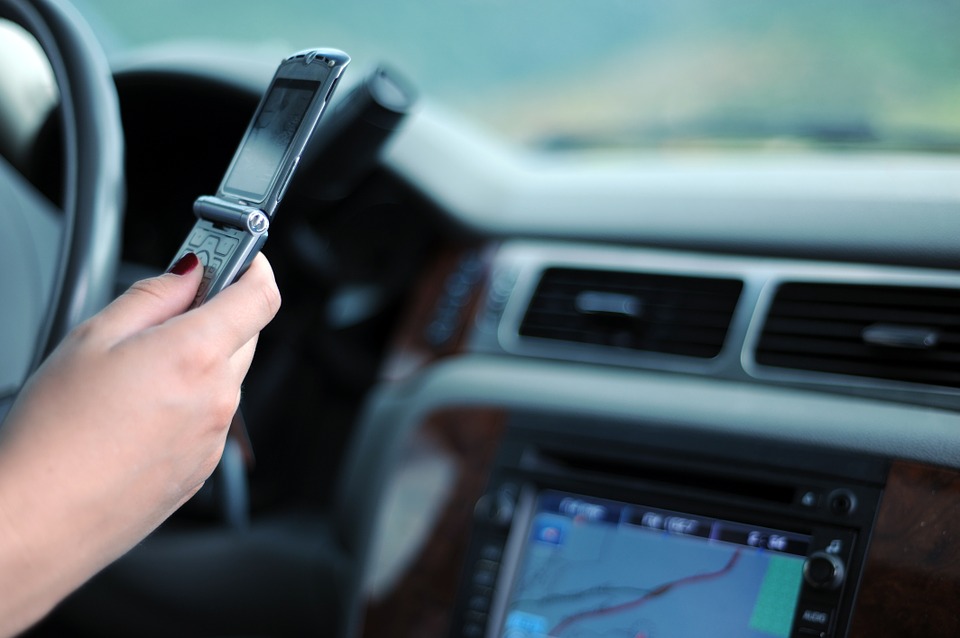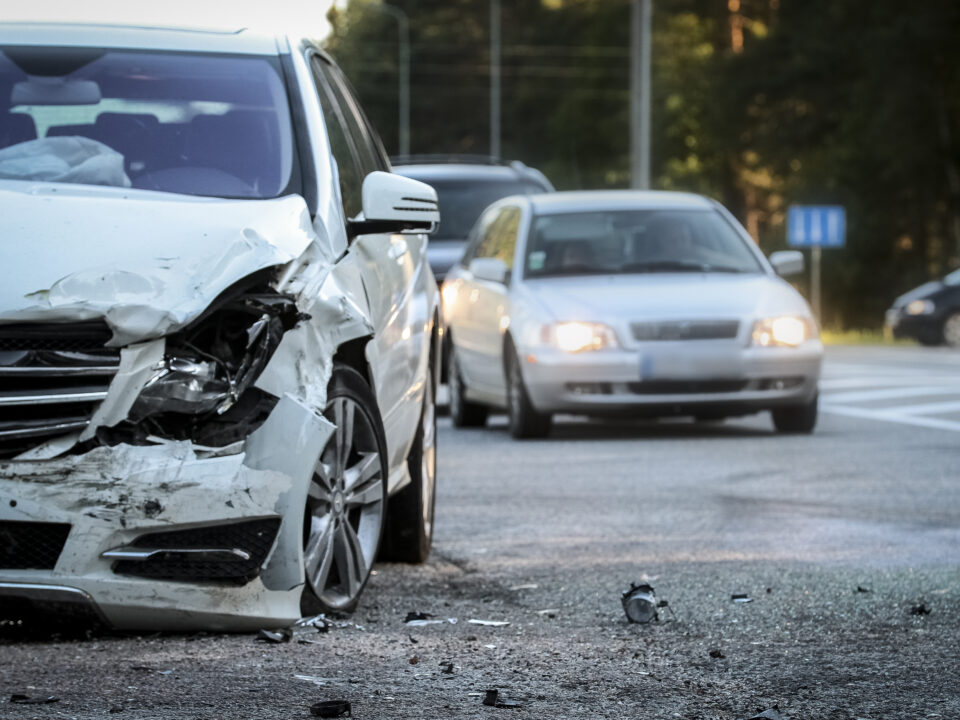
Understanding Your Birth Injury Lawsuit: Steps to Secure Compensation
January 10, 2025
Know Your Rights: What Florida Pedestrians Need to Understand About Right-of-Way Laws
June 9, 2025What Is No-Fault Insurance? How It Works and What Florida Drivers Should Know

Auto accidents can be life-changing. From physical injuries to medical bills, many victims are left wondering how they’ll cover the expenses related to their recovery. This is where No-Fault Insurance comes in. But what exactly does that mean, and how does it impact your ability to file a claim?
Let’s break down how Florida’s No-Fault Auto Insurance system works, what it covers, and what drivers need to know when navigating their auto insurance policy after an auto accident.
What Is No-Fault Insurance?
No-Fault Insurance, also known as Personal Injury Protection (PIP) coverage, is part of Florida’s motor vehicle insurance requirements. Under this system, your own policy pays for your medical expenses and certain economic losses, regardless of who caused the accident. This applies whether you were at fault or the other party was.
Florida is one of a few states that use this no-fault system, requiring drivers to carry PIP coverage as part of their automobile insurance. This means that after an auto accident, you first turn to your insurance company for medical bills, lost wages, and certain expenses—before you can consider suing the other party or filing a fault claim.
What Does No-Fault Insurance Cover?
No-fault auto insurance typically covers:
- Medical expenses: Treatments by medical providers, hospital bills, and other healthcare costs.
- Lost wages: A percentage of your lost income if you’re unable to work due to injury.
- Replacement services: Help with daily tasks you can’t perform while injured.
- Funeral costs: In the unfortunate event of death, certain funeral and burial expenses may be covered.
However, property damage—such as damage to your car—is not covered under PIP. For that, you’ll need Property Damage Liability coverage as part of your auto policy.
Limitations of No-Fault Insurance
While no-fault insurance offers quick access to medical and financial benefits, it comes with limitations. Most notably, it does not allow you to recover compensation for pain and suffering, emotional distress, or other non-economic losses, unless you meet certain legal thresholds.
In Florida, you must prove that you have suffered a serious injury—such as permanent disability, significant disfigurement, or loss of bodily function—to step outside the no-fault system and file a lawsuit against the at-fault driver.
This is known as the verbal threshold, and it plays a significant role in determining whether you can pursue claims beyond what your PIP coverage provides.
Optional and Add-On Coverages to Consider
Because no-fault insurance may not cover all expenses or damages, many drivers choose to add additional protection to their auto insurance:
- Uninsured Motorist Coverage: Protects you if the other party has no car insurance or lacks sufficient liability coverage.
- Bodily Injury Liability Coverage: Pays for injuries you cause to others if you are found at fault.
- Property Damage Liability: Covers property damage you cause to another person’s vehicle or property.
- Medical Payments (MedPay): Provides extra medical expense coverage beyond PIP.
These add-ons give you better access to financial relief when the no-fault system falls short.
Choice No-Fault vs. Mandatory No-Fault
Some states offer choice no-fault insurance, allowing drivers to choose between no-fault and fault auto insurance. Florida, however, operates under a mandatory no-fault system, meaning all drivers must carry PIP coverage.
Understanding your insurance information and the coverage you have under your own policy is critical to protecting yourself financially after an accident.
What to Do After an Auto Accident in Florida
If you’ve been involved in an auto accident, take the following steps to protect your rights:
- Seek medical attention immediately, even if your injuries seem minor.
- File a no-fault claim with your insurance company as soon as possible.
- Collect proof of medical bills, lost wages, and other expenses.
- Consult a personal injury attorney to explore your options if you meet the verbal threshold for serious injury.
When to Contact an Attorney
Navigating Florida’s no-fault auto insurance laws can be complicated, especially when your medical expenses exceed your PIP coverage or your claims are denied. An experienced personal injury lawyer can help you:
- Evaluate your auto insurance options.
- Challenge denied no-fault claims.
- Pursue additional compensation from the at-fault party.
- Navigate complex lawsuits involving uninsured motorists or disputed liability.
Final Thoughts
No-Fault Insurance provides a safety net for injured drivers, but it doesn’t cover everything. Understanding your auto policy, knowing what’s covered, and seeking legal guidance when needed can make all the difference after an accident.
If you have questions about your PIP coverage, medical bills, or how to move forward after being injured in a car accident, contact Carl Reynolds Law today. We are here to help you navigate your insurance options and fight for the compensation you deserve.





